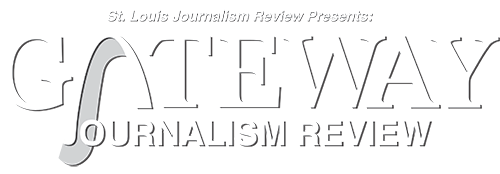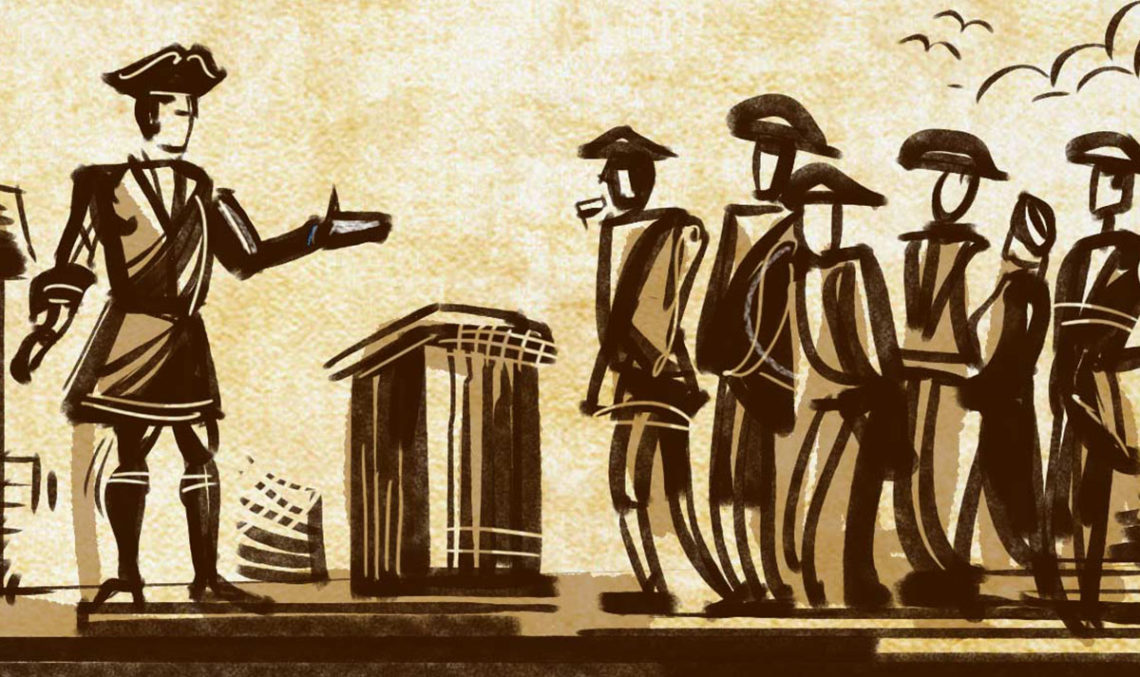Free speech is not an absolute right. The First Amendment begins, “Congress shall make no law….” abridging the rights it promises – free speech, assembly, petition for redress of grievances, free press and religious freedom.
But the word Congress is much more powerful than it seems and the word “no” much less absolute.
As the Supreme Court began incorporating the Bill of Rights and requiring states to abide by them, the word Congress meant a lot more than Congress. It meant every government agency and public actor from the president and Congress down to the city council and the public university.
Justice Hugo Black, a mid-20th century justice, was a First Amendment absolutist. No law should mean no law, he said. But Black did not prevail and there are many exceptions to the First Amendment.
It doesn’t protect obscenity, true threats, in-your-face “fighting words,” libel, slander, conspiracies to commit crimes, burning a draft card, racial or sexual harassment in the workplace or school, discriminatory housing ads or leaking classified government documents.
It won’t protect overnight Occupy Wall Street protests in public parks. It doesn’t protect advocacy of imminent unlawful action to overthrow the government or publication of the names of spies or troop movements. It doesn’t allow the use of another person’s image to make money, or a journalist invading the privacy of a living room with a hidden microphone or camera. It doesn’t protect publication of a work owned by someone else and protected by copyright. Nor can the school board require the recital of a prayer in the classroom or the city council order the placement of a nativity scene on a courthouse’s main staircase.
It’s not immediately evident why the Nazi protest in Skokie should be protected but not Occupy Wall Street’s overnight protest. Or why burning the flag is protected but not burning a draft card. Or why the president saying “God bless the United States” is more important to democracy than a state-sponsored school prayer at the beginning of the day. Or why the creche on the courthouse staircase is unconstitutional, while a display with a Christmas tree, Hanukkah menorah and sign of liberty in a park outside is okay.
There are reasons for all of these decisions. Neutral time, place and manner laws about safety shut down Occupy’s overnight protests. The draft card was an essential element of the Selective Service System in a way the flag is not. The president’s exhortation to God is his own free speech, while the state required prayer imposes an orthodoxy on impressionable school children. The nativity scene alone on the staircase makes non-Christians or atheists feel like strangers in their own city hall, while an ecumenical display with secular elements does not.
Some of the most difficult First Amendment decisions involve the clash between equality and freedom. Newspapers can’t print racially discriminatory housing ads. In addition, employers and schools have a duty not to tolerate a racially or sexually hostile work or education environment.
So, what about the Oklahoma University’s decision in 2015 to expel two students for singing this song on a university bus after a fraternity party.
“There never will be a n….. at SAE…You can hang him from a tree; But he’ll never sign with me…”
Everyone can agree that the song is a despicable a relic of America’s racist history. But is it protected hate speech or does it create a hostile environment for black students that the university has a duty to eliminate.
Most free speech lawyers thought the hate speech should be protected. But the expulsion resulted in one student apologizing and an internal investigation by SAE of its racial past.


No Comments